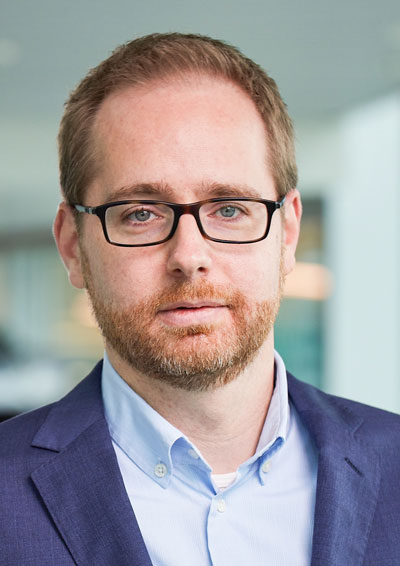05-MCM-MR1 Research Module Mineralogy I
Representative Oliver Plümper
If you intend to select the profile "Mineralogy" it is mandatory that at least one research project in this profile has to be conducted with a supervisor who contributes to the profile "Mineralogy". The second research project can be chosen either in the profile "Mineralogy" (the same conditions apply), or in profile "Chemistry".
Prerequisites and application for the module project are as follows:
12 CP must have been accomplished in the MCM profile "Mineralogy" before a research project may be tackled in Mineralogy. For potential projects, please, contact your supervisors and examiners of choice before you start any work on your research project. Potential supervisors and examiners may ask you for specific prerequisite courses (explicitly reassure yourself together with your supervisor and examiner). The student agrees with their supervisor/ examiner on a defined topic/task and then formally submits an application (forms can be retrieved from the examination office) to the module representative (via the examination office). The request will be confirmed (or refused) by the module representative. The research project must have been finished before you can apply for your Master thesis.
What happens if an application for a specific research project fails?
If a proposal is rejected, first contact the module representative together with your potential supervisor. If this attempt fails you may also appeal to the examination board (via the examination office) for re-evaluation.
Potential research projects:
Typically, the project will be in the research focus of the supervisor. In many cases the research project may include preliminary and preparatory work that may lead to a related subject of a master thesis. Please, discuss with your supervisor/examiner whether the subject is suitable for such an approach.
To give you an idea a research project may, e.g., consist of the synthesis of inorganic materials or the preparation and modification of natural minerals, measurements, or modelling of the kinetics of mineral-fluid reactions, together with their characterization by techniques taught in the MCM program, e.g., RAMAN-coupled vertical scanning interferometry (VSI), electron microscopy (EM), atomic force microscopy (AFM) and kinetic Monte Carlo calculations, single-crystal and powder X-ray diffraction, etc.
Outcomes and assessment:
The student will learn to answer a well-defined scientific question. All methods used and data/results produced must be summarized in a written report or publication manuscript. The student will learn how to approach a research problem, utilize certain methods for the investigation of the problem and write a scientific report.
- Students know how to organize a self-designed research project
- Students are able to work highly autonomous under supervision on a given research subject
- Students are acquainted with experimental and analytical or computer modelling techniques for the defined project
- Students show the ability to write a scientific report OR a manuscript for publication, to defend their research results and conclusions
Minimum 12 CP in selected profile
Course Type 1: Project Exercise (PE) 10.0 SWS ( 140.0 h)
Tutorial(s): -
Workload:140.0 h presence time
180.0 h self-study
40.0 h exam workload
360 h total workload
module exam
exam elements: 1
SL: 0
100 % project exercise report
Literature will be specific to the research project. Please, consult with your mentor/supervisor. Usually, you will be asked to collect and consider literature autonomously. You might be provided with initial papers but this is up to the discretion of the mentor/supervisor.
Basic Data
Master Materials Chemistry and Mineralogy
Module Type
Compulsory
Second Year of Study
Offering Departement
FB5 Geosciences
Wintersemester
Course LanguageEnglish
12 CP
10 SWS
Contact

Contact
Prof. Dr. Oliver Plümper
GEO 3110
 uni-bremen.de
uni-bremen.deContact

Contact
Prof. Dr. Oliver Plümper
GEO 3110
 uni-bremen.de
uni-bremen.de
